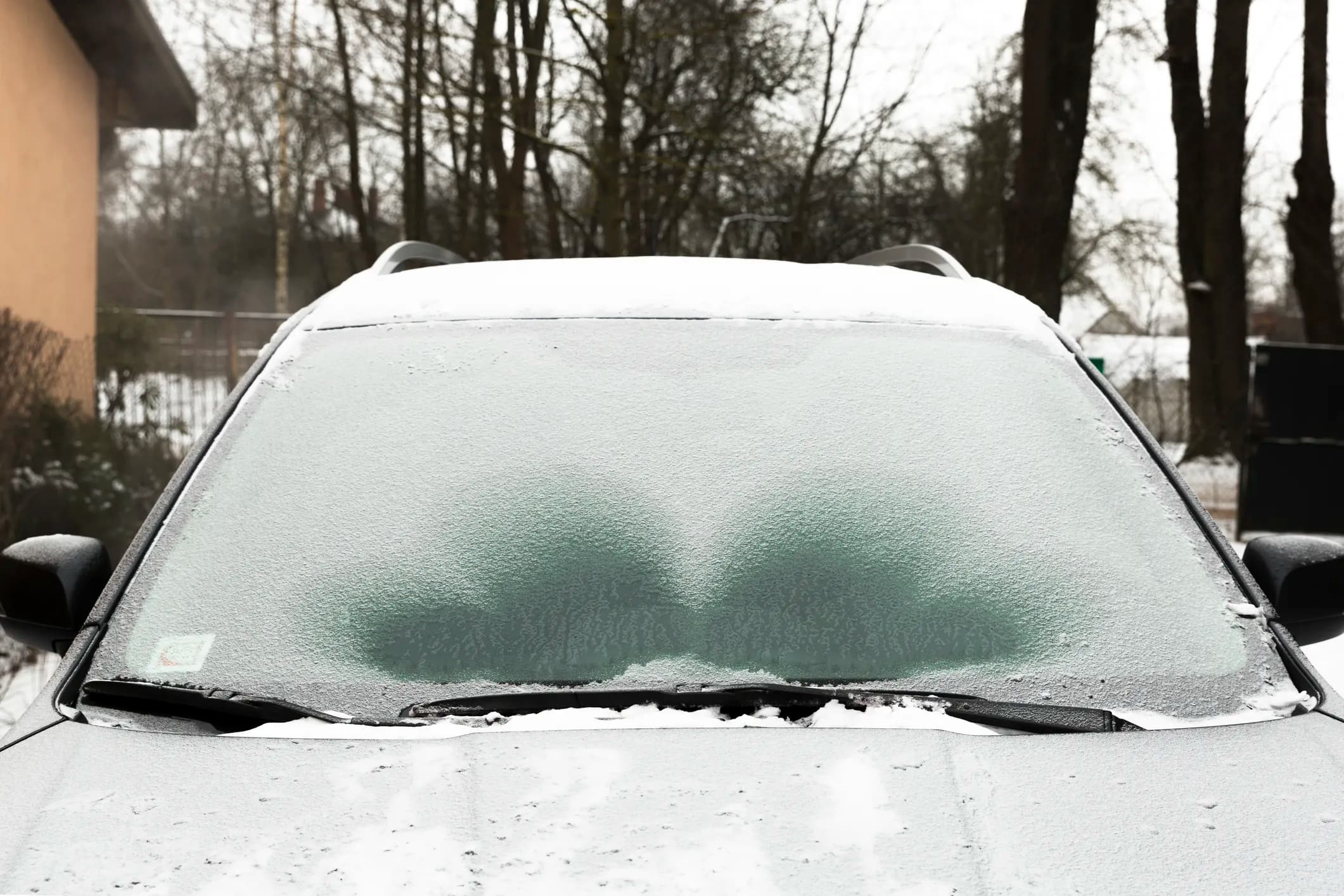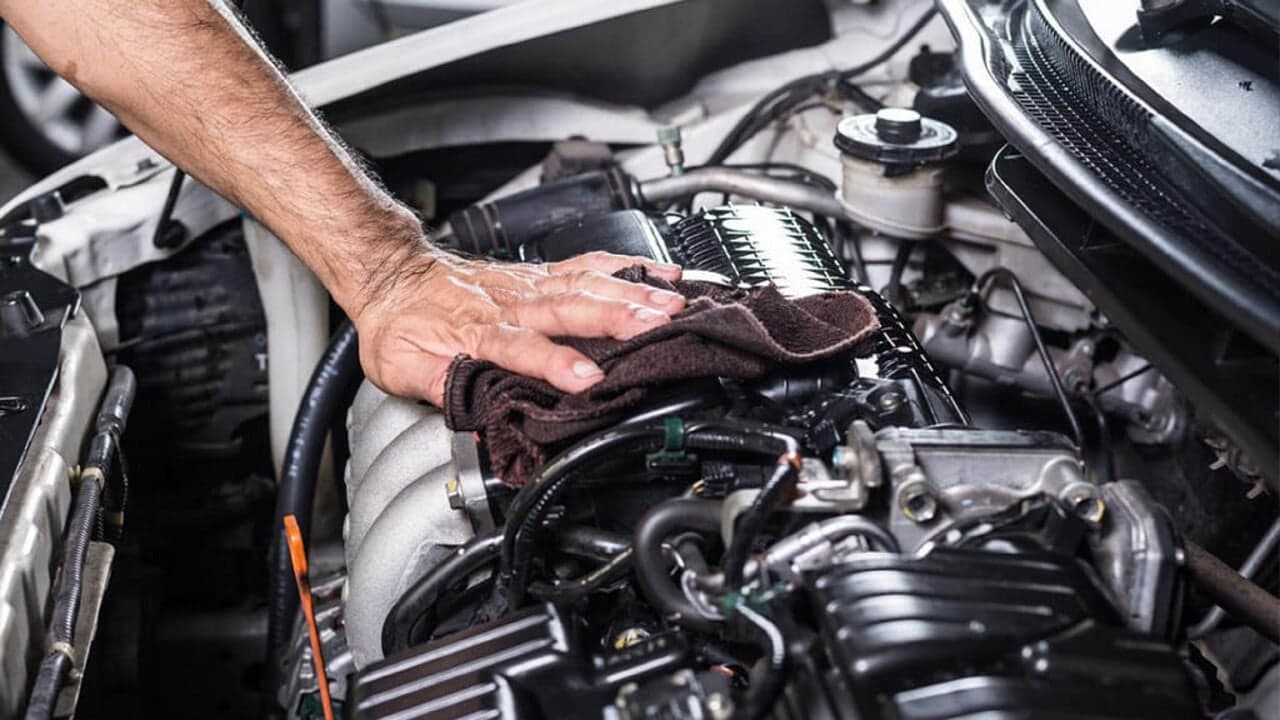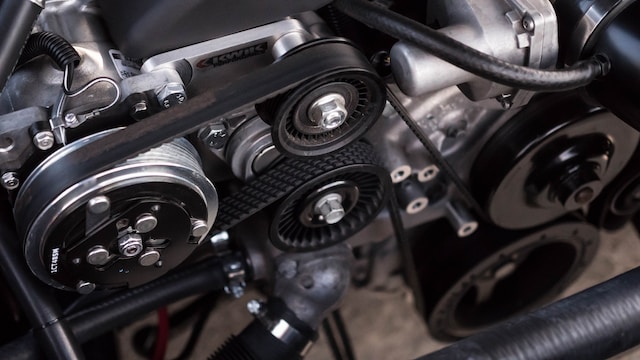Taking your car to a repair shop can often feel like entering unfamiliar territory — especially when the final invoice is much higher than expected. Whether you’re due for routine maintenance or an urgent repair, understanding how auto repair pricing works is essential for making informed decisions and protecting your budget.
This article breaks down the key factors that influence auto service costs and provides practical tips on how to avoid overpaying — without compromising quality or safety.
What Determines the Cost of Auto Repair Services?
Auto repair pricing isn’t random. In fact, several predictable components affect the total cost of any job. Understanding these variables will help you evaluate estimates more effectively.
- Labor Rates
- Labor is one of the largest portions of a repair bill. Shops charge per hour, and rates vary depending on location, shop reputation, and specialization. In Switzerland, for instance, labor costs are among the highest in Europe, often ranging from 120 to 180 CHF per hour in urban areas. Independent garages may charge less than dealerships, but that doesn’t always mean lower quality.
- Type of Service
- A simple oil change or tire rotation costs far less than diagnosing and repairing a transmission. Complex repairs that require disassembling parts of the engine or electrical system will inevitably cost more because of the time and expertise involved.
- Parts and Materials
- The price of parts can vary significantly depending on brand, availability, and whether they are original equipment manufacturer (OEM) parts or aftermarket replacements. OEM parts tend to be more expensive but are often preferred for warranty reasons and guaranteed fit. Aftermarket parts can be cheaper, but quality varies, so it’s wise to ask about the source.
- Vehicle Make and Model
- Luxury and imported vehicles usually cost more to service. Their parts are often pricier, and some models require specialized tools or training, which can increase labor time. For example, maintaining a Tesla, BMW, or Mercedes will likely be more expensive than servicing a Toyota or Honda.
- Diagnostic Time
- Modern cars rely heavily on computer systems. Diagnosing problems often requires connecting the car to advanced diagnostic equipment. While some garages include this service in the total cost, others charge separately for the time it takes to identify the issue.
- Urgency and Timing
- Emergency repairs, weekend service, or same-day turnarounds can increase costs. Additionally, seasonal demand — such as winter tire installations — can affect both pricing and availability.
Common Services and Their Typical Costs
While prices vary by region and vehicle, here are some ballpark estimates for common auto services:
- Oil change: 100–180 CHF depending on oil type and filter
- Brake pad replacement: 250–600 CHF per axle
- Tire replacement and mounting: 400–1,000 CHF for a set
- Battery replacement: 200–500 CHF
- Diagnostic service: 80–200 CHF
- Timing belt replacement: 800–1,500 CHF
- Clutch replacement: 1,000–2,000+ CHF
These are general figures — always ask for an itemized quote specific to your car and location.
How to Avoid Overpaying for Auto Repairs
Understanding what affects the price is only half the battle. Here are steps you can take to ensure you’re paying a fair price for quality service:
1. Get Multiple Quotes
Before committing to a repair, request estimates from at least two or three shops. This gives you a baseline for comparison and helps identify outliers. If one shop is significantly more expensive, ask why.
2. Ask for a Detailed Breakdown
A reliable garage should have no problem giving you a written quote that separates parts, labor, and taxes. This transparency helps you understand exactly what you’re paying for — and whether any charges seem excessive or unnecessary.
3. Don’t Be Afraid to Ask Questions
If you’re unfamiliar with a recommended service, ask for clarification. What does it involve? Is it urgent, or can it wait? A trustworthy mechanic will explain the issue in plain language and help you prioritize based on safety and budget.
4. Choose the Right Shop for Your Needs
Dealerships typically offer manufacturer expertise and OEM parts, which can be helpful for newer or luxury vehicles. Independent garages often have lower labor rates and more flexibility with parts sourcing. In Switzerland, many high-quality independent garages specialize in specific brands or services, making them a smart choice for routine work.
5. Learn About Your Car’s Maintenance Schedule
Consult your vehicle’s owner’s manual to understand which services are actually due. Some shops may recommend early or unnecessary work, so knowing your car’s timeline puts you in control.
6. Beware of “Package Deals” That Don’t Add Value
Some garages promote bundled services that sound like a bargain but include items you may not need. Always review what’s included and ask if each part of the package is necessary for your car’s condition.
7. Keep Records and Build a Relationship
Having a history of maintenance and repairs makes it easier to track what’s been done — and helps prevent double charges. Staying with a trusted mechanic over time also builds mutual trust, which can translate to better service and pricing.
When Paying More Makes Sense
While it’s important to avoid overpaying, the cheapest option isn’t always the best. Low-cost repairs can lead to bigger expenses if done incorrectly or with poor-quality parts. Look for a balance between fair pricing, good reviews, and professionalism.
Paying a bit more for a certified technician, longer warranty, or higher-quality parts can be a smart investment — especially for critical systems like brakes or engine components.
The Role of Transparency and Communication
Ultimately, good service comes down to trust and communication. A reputable garage will provide honest advice, stand behind their work, and treat customers with respect. They’ll explain what needs to be done and why — and will never pressure you into services you don’t understand.
In countries like Switzerland, where service standards are high and consumer protection is strong, most auto shops strive for professionalism. Still, being informed is your best protection against surprise bills or unnecessary repairs.
Conclusion
Auto repair costs are influenced by many factors — from labor and parts to your vehicle type and the urgency of the job. By understanding how pricing works and asking the right questions, you can avoid overpaying and ensure your car receives the care it needs.
Whether you’re a new driver or a seasoned car owner, taking a proactive approach to vehicle maintenance and repair will save you money, reduce stress, and keep your vehicle safe on the road. After all, a well-maintained car isn’t just an investment in your transportation — it’s peace of mind on every journey.



